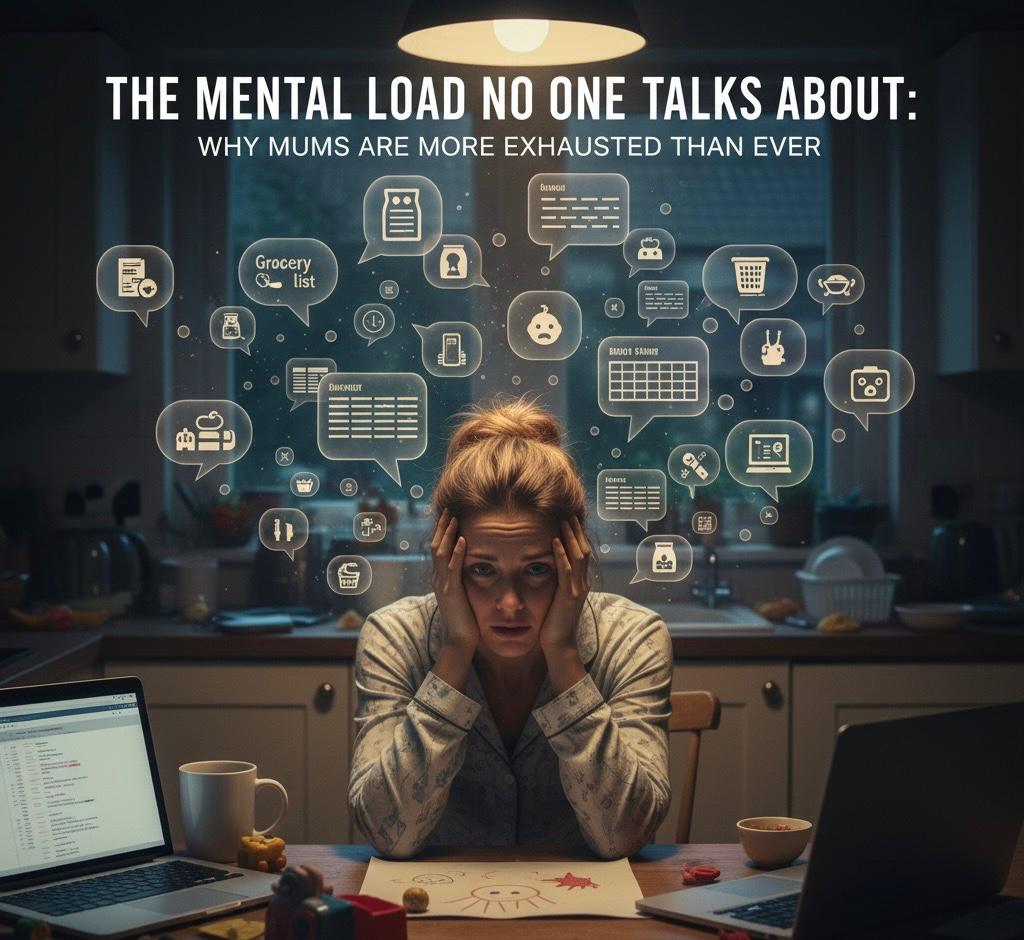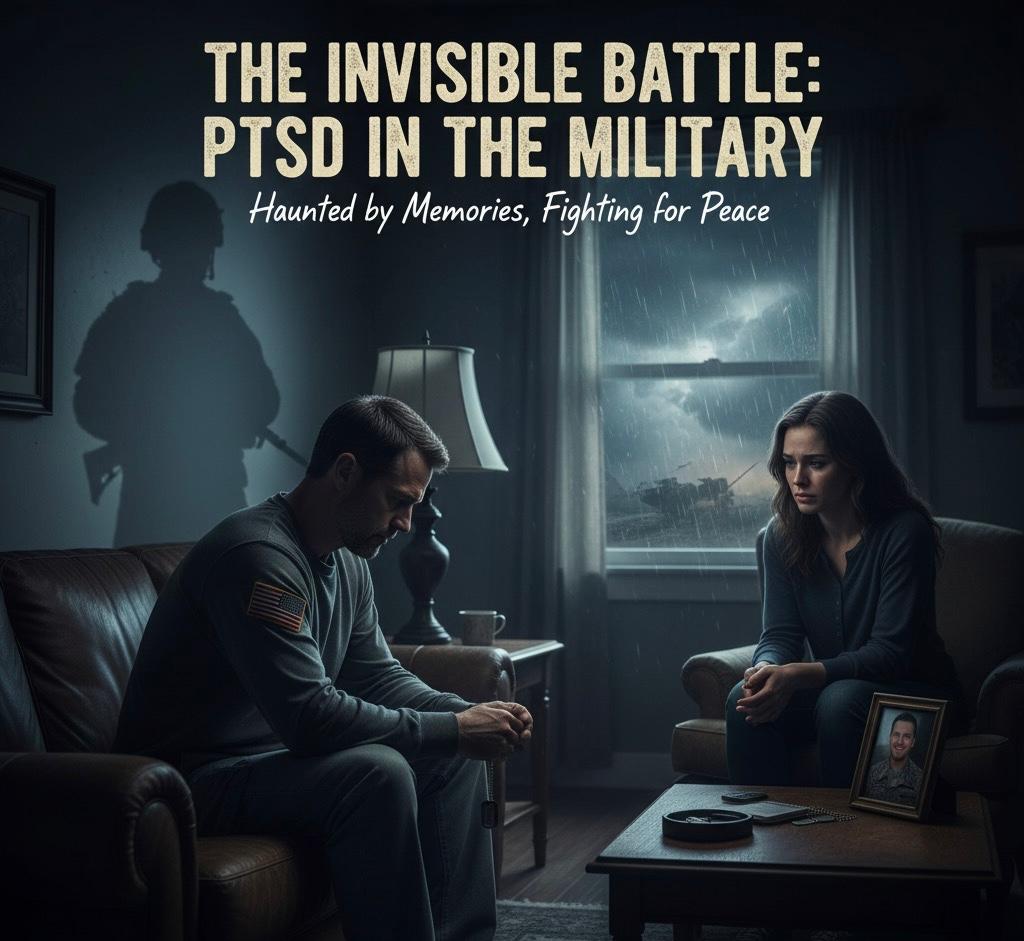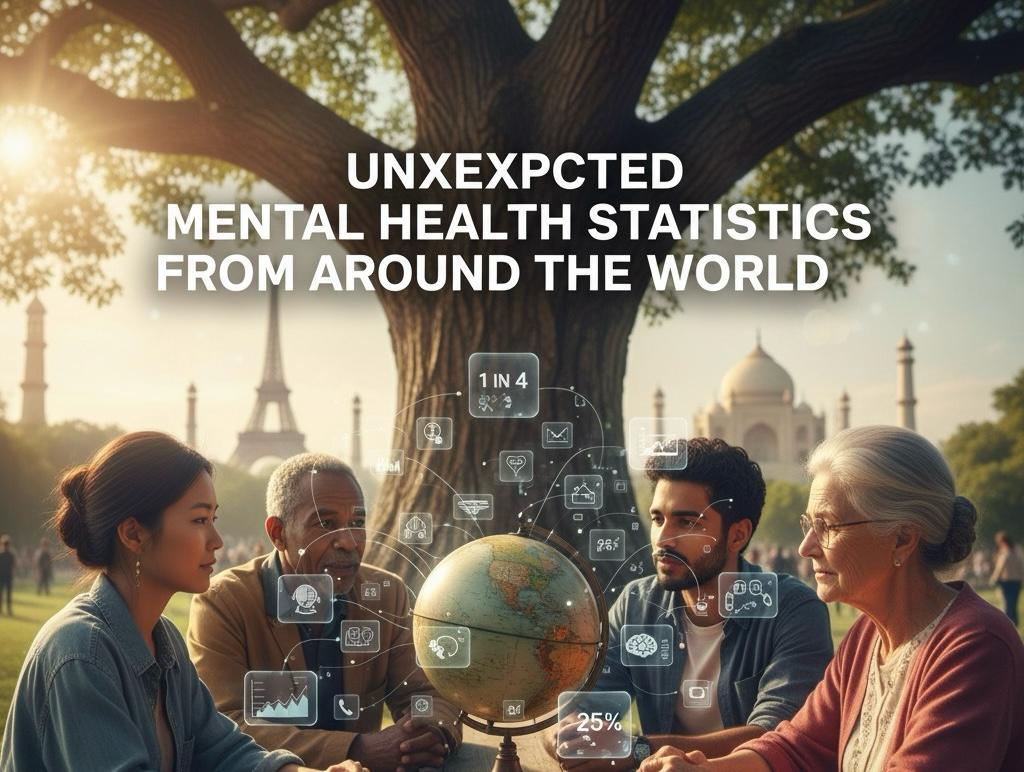Social anxiety disorder, also known as social phobia, is a pervasive mental health condition characterised by an intense fear of social situations where one might be judged or scrutinised by others. This fear can significantly impair daily functioning and affect a person’s ability to interact in social settings. This article explores the causes, symptoms, and treatment options for social anxiety, supported by scientific research.
Causes of Social Anxiety
The development of social anxiety disorder is influenced by a combination of genetic, environmental, and psychological factors:
- Genetic Factors: Research indicates that social anxiety can run in families, suggesting a genetic component to the disorder. Studies estimate that genetics contribute approximately 30% to the risk of developing social anxiety.
- Environmental Factors: Childhood experiences, such as bullying, family conflict, or overprotective parenting, can increase the risk of developing social anxiety. Social conditioning and learned behaviours from parents who display anxious tendencies also play significant roles.
- Brain Structure and Function: Neurobiological research suggests that abnormalities in brain circuits that regulate mood and stress responses, particularly involving the amygdala, are linked to increased anxiety in social situations.
Symptoms of Social Anxiety
Individuals with social anxiety disorder may exhibit a wide range of psychological and physical symptoms:
- Intense Fear of Social Interactions: Fear of speaking in public, meeting new people, or being observed while doing something.
- Avoidance of Social Situations: Avoiding situations where they might be judged, which can lead to significant social isolation and loneliness.
- Physical Symptoms: Blushing, sweating, trembling, rapid heartbeat, and gastrointestinal issues when faced with social interactions.
- Negative Thoughts: Persistent worries about being embarrassed or humiliated in front of others.
Treatment Options
Effective treatments for social anxiety include a combination of psychotherapy, medication, and self-help strategies:
- Cognitive Behavioral Therapy (CBT): CBT is the most effective psychotherapeutic treatment for social anxiety. It helps individuals identify and challenge negative thought patterns and behaviors and learn coping skills to manage anxiety in social situations.
- Medication: Antidepressants (especially SSRIs and SNRIs) and anti-anxiety medications can be prescribed to help reduce the symptoms of social anxiety.
- Lifestyle Modifications: Regular physical exercise, adequate sleep, and mindfulness meditation can also help manage symptoms of anxiety.
- Group Therapy: Participating in group therapy can provide opportunities to practice social skills and reduce feelings of isolation associated with social anxiety.
- Family Therapy: Involving the family in treatment can improve outcomes for children with social anxiety. Parents can learn strategies to effectively support their child without reinforcing avoidance behaviors.
- School-Based Interventions: Schools can play a critical role in supporting children with social anxiety through interventions like social skills training and peer inclusion programs, which help children feel more secure in the school environment.
Medication for Social Anxiety
While psychotherapy, particularly cognitive behavioral therapy (CBT), is a cornerstone of treatment for social anxiety, medication can also play a crucial role in managing symptoms.
Types of Medications Used for Social Anxiety
Selective Serotonin Reuptake Inhibitors (SSRIs):
- SSRIs are the most commonly prescribed medications for social anxiety due to their efficacy and relatively mild side-effect profiles. Examples include sertraline (Zoloft), paroxetine (Paxil), and fluoxetine (Prozac).
- Efficacy: Research shows that SSRIs can significantly reduce the symptoms of social anxiety by increasing serotonin levels in the brain, which is thought to improve mood and reduce anxiety.
Serotonin-Norepinephrine Reuptake Inhibitors (SNRIs):
- SNRIs, such as venlafaxine (Effexor XR) and duloxetine (Cymbalta), are another class of antidepressants used to treat social anxiety. They work by increasing the levels of serotonin and norepinephrine in the brain.
- Efficacy: SNRIs have been found to be effective for social anxiety in numerous studies and are typically considered when SSRIs are not suitable or effective.
Benzodiazepines:
- Benzodiazepines such as clonazepam (Klonopin) and alprazolam (Xanax) are fast-acting anti-anxiety medications. They are sometimes used for short-term relief of acute anxiety symptoms associated with social anxiety.
- Efficacy: While effective in the short term, benzodiazepines are generally recommended for occasional use only, due to risks of dependency and withdrawal, as well as their potential to impair cognitive and motor functions.
Beta-Blockers:
- Beta-blockers like propranolol (Inderal) are used to manage physical symptoms of anxiety, such as trembling and a racing heart, particularly in situations where performance anxiety (e.g., public speaking) triggers symptoms.
- Efficacy: Beta-blockers do not treat the psychological symptoms of anxiety but can be helpful in specific social situations by reducing physical symptoms.
Considerations When Using Medication for Social Anxiety
- Personalisation of Treatment: Medication needs are highly individualised. What works for one person may not work for another, and it often takes time to find the most effective medication and dosage.
- Potential Side Effects: Patients must be informed about potential side effects, which can include nausea, weight gain, sexual dysfunction, and, in the case of benzodiazepines, dependency.
- Combination with Psychotherapy: Medications are most effective when used in combination with psychotherapy, which can help address the underlying causes of anxiety and develop long-term coping strategies.
Conclusion
Social anxiety disorder is a complex condition that requires a nuanced approach to treatment, combining medical, psychological, and personal strategies. Understanding the underlying causes and symptoms is crucial for effective management. With appropriate treatment, individuals with social anxiety can lead fulfilling lives, significantly improving their social interactions and overall well-being. If you suspect you or someone you know is suffering from social anxiety, it is important to seek help from a mental health professional.
Take this quick self assessment
References
- Rapee, R. M., & Spence, S. H. (2004). The etiology of social phobia: Empirical evidence and an initial model. Clinical Psychology Review, 24(7), 737-767.
- Lorberbaum, J. P., Kose, S., & Johnson, M. R. (2004). Neural circuitry and the pathophysiology of social anxiety. American Journal of Psychiatry, 161(5), 938-945.
- Stein, M. B., & Gelernter, J. (1999). Genetic correlations with personality and anxiety disorder due to genetic overlap. Biological Psychiatry, 45(3), 667-673.
- Rapee, R. M., & Spence, S. H. (2004). The etiology of social phobia: Empirical evidence and an initial model. Clinical Psychology Review, 24(7), 737-767.
- Kagan, J., Reznick, J. S., & Snidman, N. (1988). Biological bases of childhood shyness. Science, 240(4849), 167-171.
- Hofmann, S. G., & Otto, M. W. (2008). Cognitive-behavior therapy for social anxiety disorder: Evidence-based and disorder-specific treatment techniques. Routledge.
- Stein, M. B., & Stein, D. J. (2008). Social anxiety disorder. The Lancet, 371(9618), 1115-1125.
- Liebowitz, M. R., Mangano, R. M., Bradwejn, J., & Asnis, G. (2005). A randomized controlled trial of venlafaxine extended release in generalized social anxiety disorder. Journal of Clinical Psychiatry, 66(2), 238-247.
- Van Ameringen, M., Mancini, C., & Oakman, J. M. (1999). The potential role of haloperidol in the treatment of benzodiazepine withdrawal. Journal of Psychiatry & Neuroscience, 24(3), 240-254.
- Steenen, S. A., van Wijk, A. J., van der Heijden, G. J., van Westrhenen, R., de Lange, J., & de Jongh, A. (2016). Propranolol for the treatment of anxiety disorders: Systematic review and meta-analysis. Journal of Psychopharmacology, 30(2), 128-139.
How to get in touch
If you or your patient/NDIS clients need immediate mental healthcare assistance, feel free to get in contact with us on 1800 NEAR ME – admin@therapynearme.com.au.







